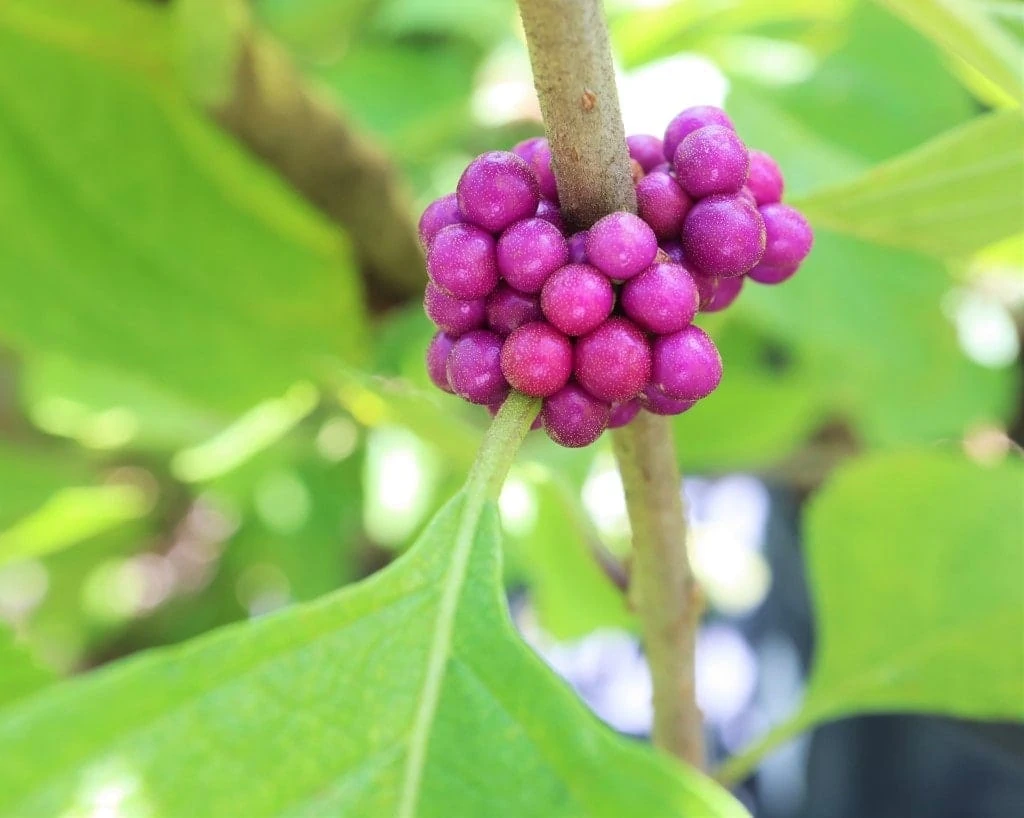by Amanda Rose Newton
Florida in the summertime means outdoor festivals, picnics, barbeques, and gardening!
It also has become synonymous with mosquitos, which can turn a day in the yard into a less desirable experience. The easiest way to avoid bites is to cover up, but let’s be honest– once August is here, the heat and humidity result in the opposite happening.

There is a substantial amount of information available regarding insect-repelling plants and home remedies out there, with little science to back up effectiveness, which can leave one feeling helpless in the battle.
Fear not, as there are several inexpensive methods you can try out this summer.
About Those Mosquito Repelling Plants…
Before we dive in, it is important to acknowledge that currently, research does not suggest merely planting plants with oils that repel insects will help keep them at bay. Those volatile mosquito-repelling oils must be released into the air or spread on your skin to cause insects to dissipate.
Similarly, using repelling scents in incense form is a genius way to keep pests out of your space, as the smoke alone is often enough.
However, a recent study published through Mississippi State University found our native beautyberry shrub alone was enough to send mosquitoes to the neighbors.
Repel Mosquitos with Essential Oils
If you have been feeling conflicted about repellents featuring DEET and other chemicals, using essential oils derived from plants might be for you. Not to mention, very fitting for gardeners!
The plants discussed below are known to produce oils with scents not favored by mosquitos, gnats, and a few other arthropods.
Gone are the days where you would have to track down essential oils at the natural food store or online– with the surge in popularity of aromatherapy, most retailers have a great selection to choose from.
Follow the recipe below and try a few combinations to find your own unique Buzz Off! Blend for Summer 2020!
Making Sense of Scents
- Witch Hazel: Derived from bark of Hamamelis virginiana, this shrub has great attributes as an anticoagulant and can be thought of as “pre-bite” care.
- Neem: From the Indian tree, Azadirachta indica, the oil has long been used as a natural pesticide and fungicide in the garden. It makes natural sense to include in your blend. The neem tree can be grown in our tropical climate, which will give you ready access to not only a great repellent, but a wonderful product for all sorts of medicinal and self-care products.
- Rosemary: As a rule of thumb, tastes and smells we like, flies generally do not. They favor rotting meat and garbage to our fine rosemary and basil! Either of those herbs in just the cutting form are enough to deter a few!
- Lemongrass: Those citronella candles you more than likely have used in the past are from a type of lemongrass. It can be grown year-round here and the oil is easy to find.
- Lemon Balm: This is a hardy plant that can do well even in our sandy environment and the crushed leaves rubbed on skin can often help with deterring mosquitos.
- Lavender: Lavandula angustifolia adds to the sentiment that if it smells sweet, flies probably will fly right by. In addition, it also naturally calms and relieves. Win-win! L. angustifolia has reported insecticidal attributes– see resources below
- Cedar: Extracted from cedar oil, this has been used to control fleas on pets for decades. It is also effective against other arthropods such as ticks, biting gnats, and mosquitos. The fact that it is safe for pet use is a serious plus. The price is worth it as a small amount goes a long way.
Easy Homemade Mosquito Repellent:
Armed with your knowledge of repelling scents, you can now put together a simple spray able solution to chemical based deterrents.
I find a 4 oz plastic bottle (easily found in bulk or in travel size section of stores) is convenient to carry and still allows enough room to shake up contents
Base Ingredients for Mosquito repellent
- 2 tablespoons of Witch Hazel (can also use Vodka in a pinch)
- 2 tablespoons of Neem Oil
- ½ teaspoon of Vodka (it makes a great preservative)
- 100-120 drops of Essential Oil Blend
- Essential Oil Repellent Blend
As you have already read, different arthropods are repelled by different scents so it is in your best interest to combine several. Here are a few suggestions that have worked well for me to get you going:
- 55 drops of Lemon Eucalyptus
- 15 drops of Cedarwood Oil
- 15 drops of Lavender Oil
- 15 drops of Rosemary Oil
Add the base recipe to the spray bottle and mix in the essential oil.
Tips for applying mosquito repellent
- Be sure to give the bottle a good shake before each use, as the oils will be oils and separate from the mixture.
- Reapply every few hours (think sunscreen) to ensure its effective
- We are all individual snowflakes- if you don’t like the scent, play around with it! You will find a blend that makes both your nose and your skin happy this summer.
References:
University Of Mississippi. (2006, July 3). Scientists Confirm Folk Remedy Repels Mosquitoes. ScienceDaily. Retrieved May 10, 2020 from www.sciencedaily.com/releases/2006/07/060703091932.htm
YI, C. G., HIEU, T. T., LEE, S. H., CHOI, B., KWON, M. AND AHN, Y.
Toxicity of Lavandula angustifolia oil constituents and spray formulations to insecticide-susceptible and pyrethroid-resistant Plutella xylostellaand its endoparasitoid Cotesia glomerata
DEL-RAHMAN, A., DECHKOVSKAIA, A. M., GOLDSTEIN, L. B., BULLMAN, S. H., KHAN, W., EL-MASRY, E. M. AND ABOU-DONIA, M. B.
Neurological Deficits Induced by Malathion, Deet, and Permethrin, Alone or in Combination in Adult Rats


